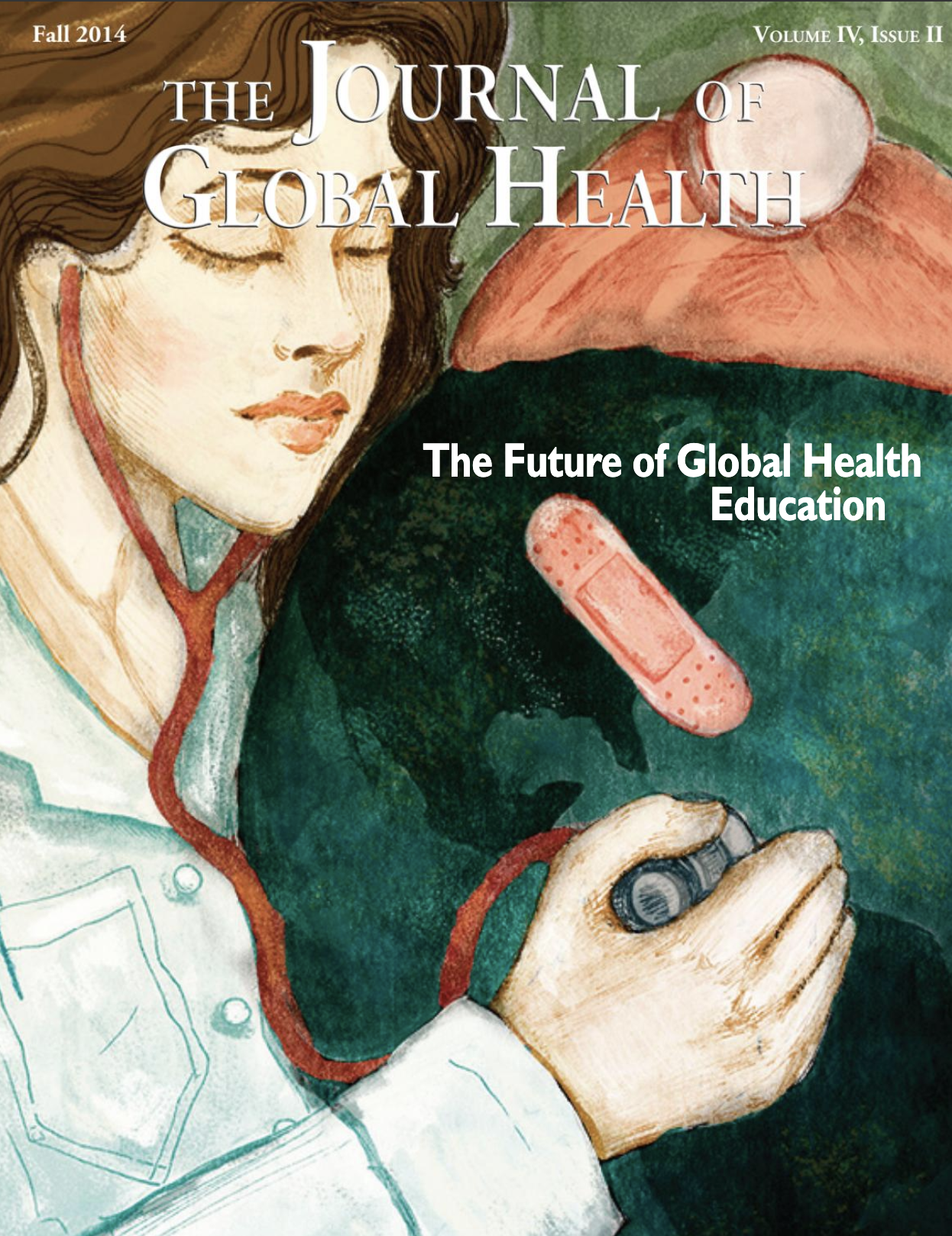Establishing a baseline for water, sanitation and hygiene knowledge, attitudes, and practices in rural Ethiopia
Main Article Content
Abstract
Although improvements have been made since 1990, access to safe sanitation and improved water in Ethiopia remains low, contributing to the burden of preventable illnesses like diarrhea, trachoma and soil transmitted helminthes. In May 2012, the Ethiopia Outreach student organization, from the University of Texas Health Science Center at San Antonio, conducted a household survey to measure water, sanitation and hygiene (WASH) knowledge, attitudes and practices to better understand the social and structural determinants of health. While 65.4% of households reported having access to safe water and 100% reported having access to a latrine, only 6% of latrines were improved facilities. A knowledge score was created to determine individuals’ understanding of sanitation, hygiene and disease transmission. The Knowledge Score is the sum (maximum score= 33) of all the correct responses for each of seven knowledge questions. It was determined that those who kept their latrines sealed, did not keep animals in their homes, had attended a community meeting within the last year and reported cell phone use had significantly higher knowledge scores than those who did not. This data provides a foundation for understanding the contributors to the burden of preventable disease in Aleta Wondo and a starting point for the design of further research and possible interventions.

